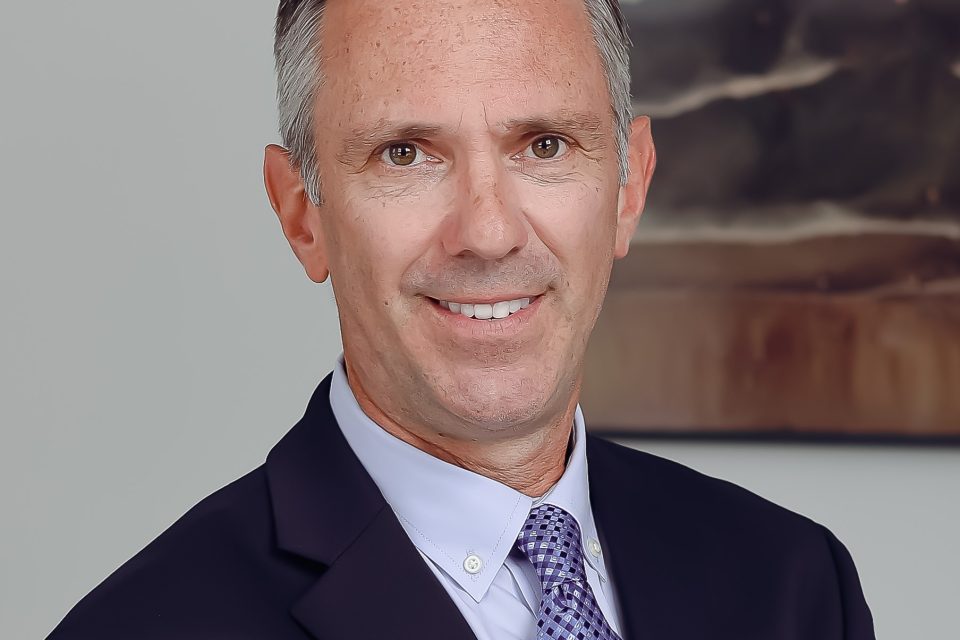Happy New Year! So, how does it feel being back at work? Or, if you are retired, does today feel like any other day? For many people, the New Year is time for resolutions. Gym memberships go up and so do sales of healthier food. I don’t know about you, but I have trouble sustaining many of my “resolutions”. Change is difficult.
During the time I had off this past week, I re-read a book I read a few years ago. It is called “The Slight Edge” by Jeff Olson. One of the main points in this book is that change or improvement in our lives comes one day at a time. It is the small decisions that we make daily, that we often consider insignificant, which mold who we are.
In a recent column on New Year’s resolutions in the Wall Street Journal the author says, “Typically, though, people fail to stick to their annual goals because the resolutions are too demanding, vague or unrealistic.” One of the strategies recommended is to predict in advance what the roadblocks will be and how you will manage them. In addition to that, I have found that a daily reflection of all the day’s events and the changes I would make will make for a better tomorrow.
Changing routines is probably one of the hardest things to do. However, changing routines is probably one of the most important things to do. Striving for improvement in our lives by changing our routine usually improves the quality of life.
Going to the dentist is a routine. It is not part of your daily routine but it should be part of your overall routine for staying healthy. One of the biggest challenges I see in the practice of dentistry is changing people’s routines. Changing my own routines is tough enough; how does someone motivate someone else to change their routine? I think legendary coach John Wooden sums it up best when asked how he was so successful motivating his players for so many years. He said it was his ability to get his players to do what they didn’t want to do in order to get the results they wanted.
When someone goes to a dentist with a problem and has not seen a dentist for one, five, ten, or twenty years, it is easy to “fix” the immediate problem. The thing that is not easy to do, for any dentist, is to get those people to come back – to change their routine. While it is the dentist’s job to “fix” the problem, it is also their job to motivate people to see the bigger picture. Some people can be motivated to do those things they don’t necessarily want to do to achieve their goal (health), and others cannot.
Our priorities dictate our routines. Priorities need change just as much as routines. If our priorities include health, we will spend money on a gym membership or home fitness equipment, go to the doctor or dentist on a regular basis, and eat things that are healthy. If hypertension could be controlled by regular exercise and/or medication, doesn’t that beat an early heart attack? If periodontal (gum) disease, which doesn’t hurt and 75% of the population has some form of, could be controlled by regular visits to the dentist, doesn’t that beat losing your teeth?
Changing your routine to improve your quality of life is worth every penny you may spend on it. As Jeff Olson says in his book, “You can’t change the past. You can change the future. The right choices you make today, compounded over time, will take you higher and higher up the success curve of this real-time movie called ‘your life’.” Best wishes for positive change in 2025!
Dr. St. Clair maintains a private dental practice in Rowley dedicated to health-centered family dentistry. He has a special interest in treating snoring, sleep apnea and TMJ problems. If there are certain topics you would like to see written about or questions you have please email them to him at jpstclair@stclairdmd.com




